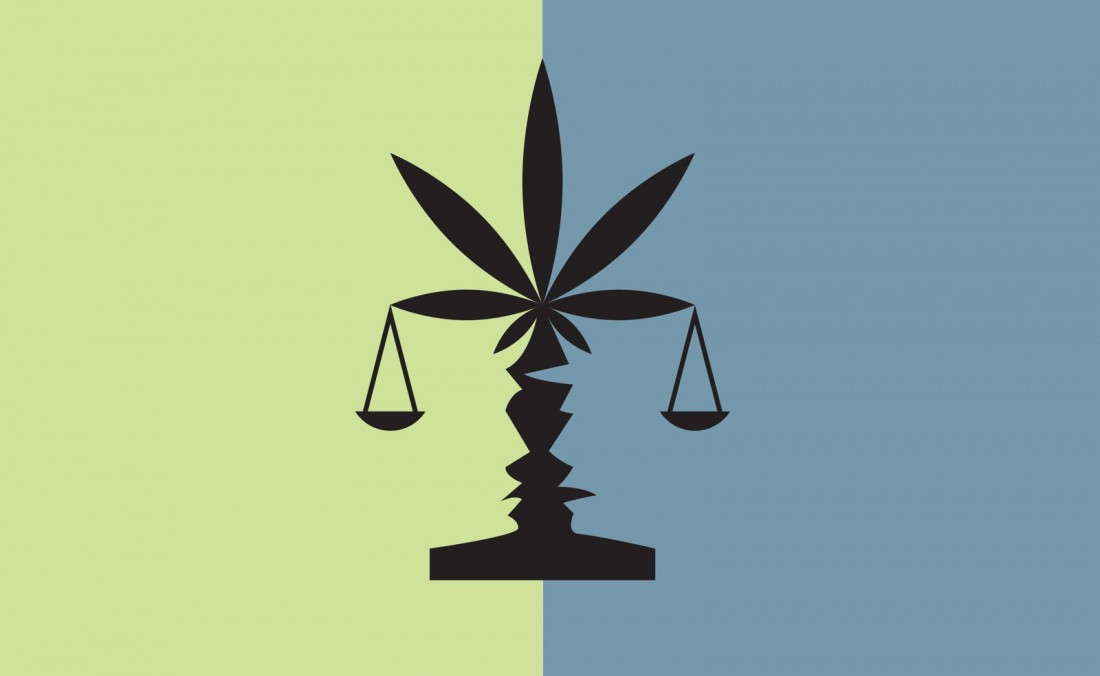Pot Shots
Legalization won’t happen until the government is honest about marijuana
It’s time to legalize marijuana.
I know what you’re thinking. This is a comments piece about marijuana by a liberal arts grad. Of course I’m going to say, ‘legalize it’. If there is a group of people more supportive of legalizing pot than those who took arts, I’m not sure who they are. But there is more to legalizing weed than the freedom to toke up without being thrown in jail.
A recent ad, put out by the Government of Canada, claims marijuana is 400 times stronger than it was 30 years ago. First of all, 400 is a lot. If we’re talking about THC (Tetrahydrocannabinol) content, producing a strain of marijuana that has 400 times more THC than weed in the 80s would be an agricultural miracle. In addition, quantifying the strength of the weed makes the assumption that viewers know how strong it was 30 years ago. Unless horticultural science is a hobby, there’s usually only one way to find out how strong weed is.
For those who’ve been educating themselves about what marijuana really does, the ad is reminiscent of the outdated “just say no” videos you saw in health class, bad 80s hair and all. But the unfortunate truth is that this is the message that the Government of Canada has chosen to sponsor and while it seems harmless - or even helpful to deter teenagers from using marijuana - the effort can backfire.
Using marijuana as the poster child for dangerous behavior negates the significance of similar messages about heroin or cocaine use. Yet, marijuana continues to be the number one substance that comes to mind when the word ‘drug’ is used. The messages being promoted by the government regarding marijuana makes any real discussion about its legalization very difficult.
While there are definitely negative effects of smoking marijuana, the government should stick to facts, not exaggerated claims. For example, the government claims that marijuana use in young people can lead to lower IQ. Yet, according to the CBC, “The assertion about lowered IQ is derived in part from a 2012 Duke University study of 38 heavy users of cannabis, but has since been challenged, notably by a British study of 2,612 young people which could find no such link.”
That’s why it’s important that lying or exaggerating doesn’t become an accepted part of the strategy that is used to persuade people, not only because the strategy works only for as long as the lie is believed, but because the people targeted by that message deserve to be educated with facts, not scare tactics. The argument that it’s in the best interest of kids and teenagers to mislead them is insulting.
It’s understandably the goal to keep teens from consuming vast amounts of marijuana until they reach an age where their brains have developed and they can make that choice. However, in a situation where the government doesn’t yet support the legalization of marijuana, it would be better off saying nothing rather than saying something dishonest.
Alana Trachenko is a Winnipeg writer who can’t wait for summer.
Published in Volume 69, Number 19 of The Uniter (February 4, 2015)







